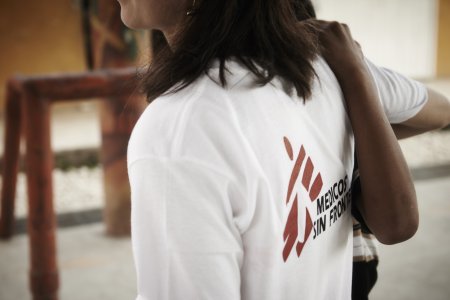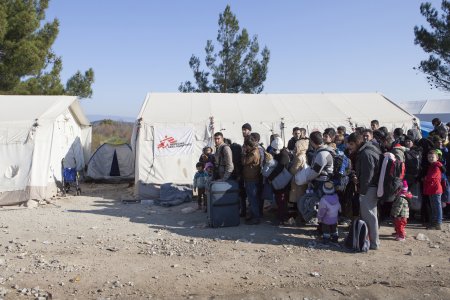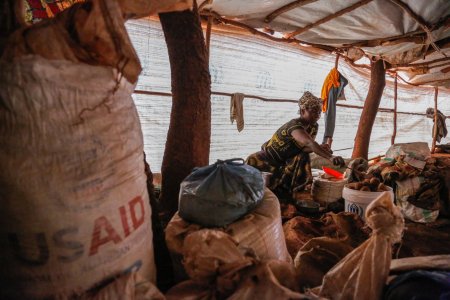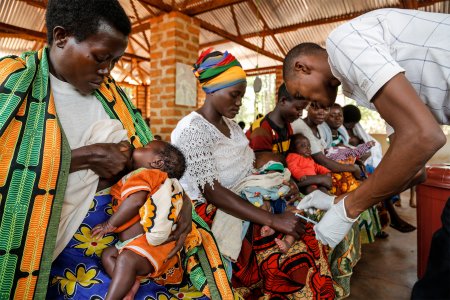How do humanitarian aid workers think and act?
This work focuses on how humanitarian organisations operate, including their members, affiliations, messages, practices and cultures. Aid to refugee, displaced, deported, exiled and interned populations plays a central role in humanitarian action both now and in the past. What types of aid are provided to internees and displaced persons? What kinds of obstacles and dilemmas does it face? What sorts of practical, political and ethical questions are raised by the participation of humanitarian organisations in population displacement and internment policies?
 Christina Simons
Analysis
Christina Simons
Analysis
The evolving role of the state, donors and NGOs providing health services in a liberal environment, Some insights from Uganda
08/01/1999Nicolas de Torrente is questioning how far have the liberal economic reforms in Uganda seeking to rebuild and reshape the health care system, how are reforms affecting the actual delivery of health services and what are the implications of these reforms in terms of the sustainability and equity.
 Alex Yallop
Analysis
Alex Yallop
Analysis
Reconstituting whose Social Order, NGOS in disrupted States
07/06/1999What role should NGOs play in states undergoing reconstruction? What position should they take vis-à-vis civilian donors (governments and supranational institutions) and armed forces?
 Louise Annaud
Analysis
Louise Annaud
Analysis
Is Humanitarism a form of Political Commitment?
10/01/1996Behind the question, "Is humanitarianism a commitment?", Rony Brauman warns against the use of humanitarianism in the public arena. Investing the political realm with the moral expectations of a better world, humanitarianism might unintentionally be helping to make "survival of the fittest" more palatable.
 Louise Annaud
Analysis
Louise Annaud
Analysis
Humanitarian aid
05/01/1994For the publication of the Dictionnaire d'Ethique et de philosophie morale, the former president of Médecins Sans Frontières, Rony Brauman, offers a definition of humanitarian aid.
